Fitness Trackers: Doomed by Their Own Smartwatch Aspirations?
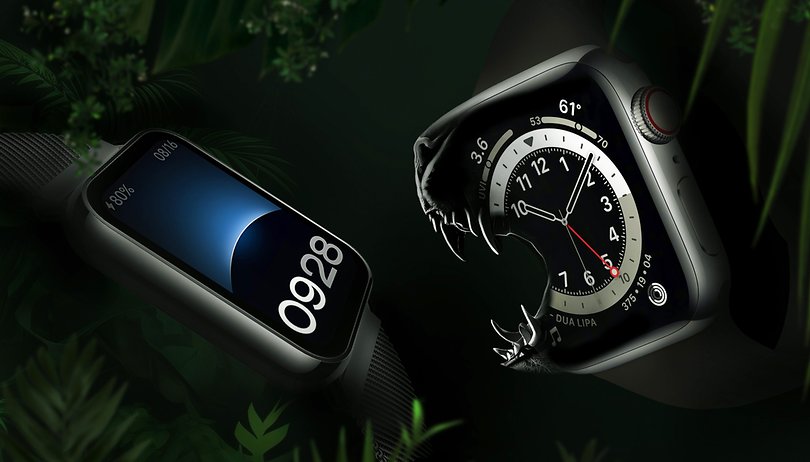

Do you like wearing fitness trackers? If you answered in the affirmative, then that's simply too bad because sooner or later, you will have to bid goodbye to the simple smart bands that you wear on your wrist. Fitness trackers tend to cannibalize themselves over time. At the end of the day, only smartwatches will remain, forming an entire product category by itself. You can find out what I am ranting about and how I came up with this in my opinion piece.
What is a fitness tracker, anyway?
By definition, a fitness tracker is a device that analyzes and stores our (athletic or physical movement) activities. Depending on who you ask, they will name the Nike FuelBand that was unveiled in 2012 or the Xiaomi Mi Band from 2014 as the birth of activity trackers. Whether it was Xiaomi or Nike, both trackers were slim, unobtrusive wristbands that owed their success in no small part to their high wearing comfort and long battery life.
While technology progressed and these devices became smaller in size over the years, everything else grew tremendously in the world of fitness trackers—from the range of functions to the displays.
- Don't miss this: The best fitness trackers compared.
Fitness tracker or smartwatch?
Let's take a closer look at the latest fitness tracker model: the Xiaomi Smart Band 8 Pro. Here, the 1.74-inch huge AMOLED display stands out, which is light years ahead of the 120-pixel display found in the Nike Fuelband. If Xiaomi's designers also copied the crown and the side button, the Smart Band 8 Pro would look like an Apple Watch 8 (review).
- A must-read story: These are the best smartwatches in 2023.
Speaking of the crown and buttons, the physical controls do not serve as a differentiator between smartwatches and fitness trackers. The Fitbit Inspire 3 we reviewed came with a touch-sensitive button, where the Huawei Band 6 also arrived equipped with a dedicated physical button.
Steadily growing range of functions
Fitness trackers have also grown steadily in terms of functionality. In the beginning, there were only rough estimates and a pedometer function, but soon, heart rate monitoring and sleep tracking followed. When fitness trackers were able to track more and more different sports modes, measuring the blood oxygen content, it became smarter and smarter. Almost every fitness tracker in 2023 also shows you notifications from a connected Apple iPhone or Android smartphone.
If I were to add the Xiaomi Smart Band 8 Pro again as a comparison with a conventional smartwatch, then payment via NFC, the analysis of menstrual cycles, and even a satellite connection for GPS tracking are also now possible. And yes: You get all the information displayed on your wrist itself.
Actually, in my search for a pure fitness band that only really "tracks" your fitness, I ended up with the Whoop 4.0 (review) as a real one-of-a-kind candidate.
Cheap was yesterday
That leaves the price as an advantage that would give fitness trackers their raison d'être. But have you ever looked at the prices of the current fitness trackers? Most current models cost around $100. Curiously, there are also smartwatches, and to look at the matter from a single brand's perspective like the Xiaomi Redmi Watch 2 Lite that retails for just under $60 (via a grey import).
In the end, there can only be one
I'll even go so far in my conclusion as to make a claim that is loosely based on the Highlander move: There can only be one in the end—and that's the smartwatch. This is because the pressure on fitness trackers is growing from below with smart rings like the Ultrahuman Ring, the rumored Samsung Galaxy Ring, or probably the best-known fitness tracker ring, the Oura Smart Ring.
At least the latter is still a bit more expensive than the overinflated fitness trackers with prices that can start from $300 and higher.
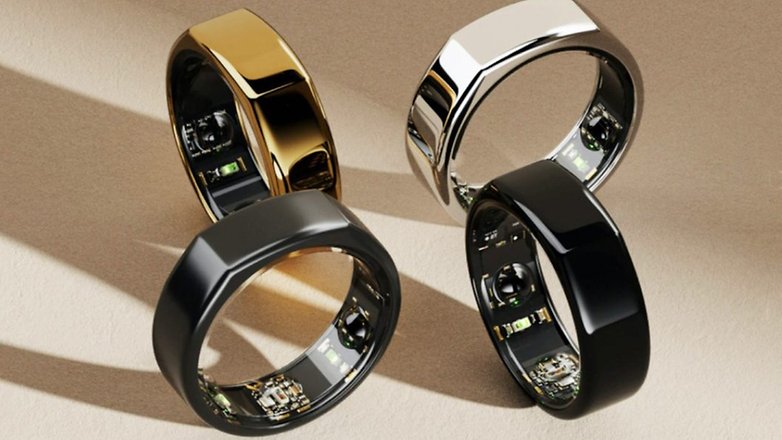
What do you think of my fantasy of the day, which I was given free rein to rant here? Do you agree with my assumption or do you have a completely different opinion? Please share your thoughts in the comments and let's discuss.


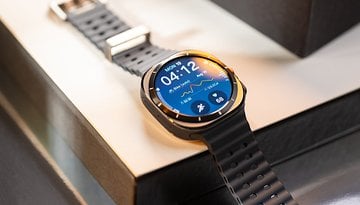
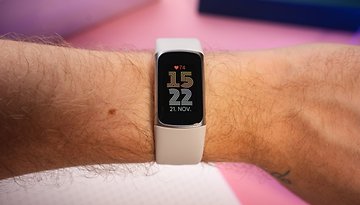
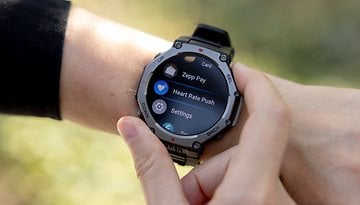
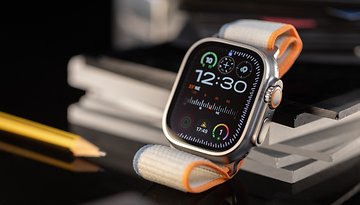








Not sure I agree 100%, but the market will dictate the outcome. My work situation does not allow me to take any Bluetooth device into the office. So I have an old school atomic watch I wear during the day. Therefore I can't justify the expense of a smartwatch, so a fitness tracker is really the right choice for me. I sure hope the segment survives.
However, most fitness trackers are also Bluetooth-compatible and connected to an Apple iPhone or Android smartphone. :(
I wouldn't be wearing the fitness tracker at work.